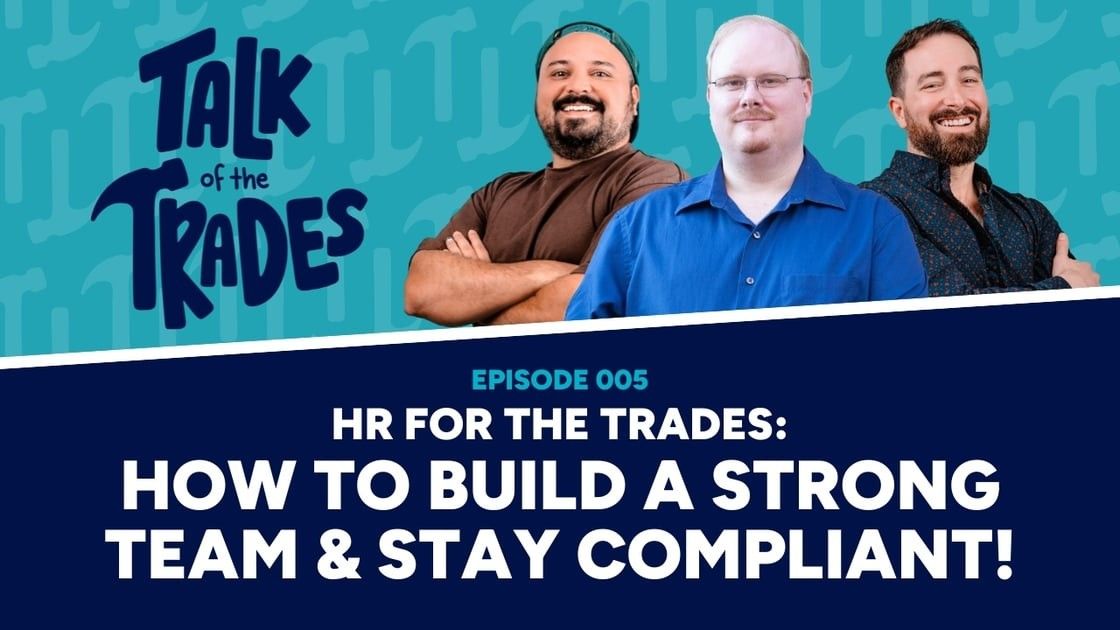The Strategic Side of Termination
10 October 2023
Terminations Must be Strategic Business Decisions
When should you be recruiting? Always.
Why? Because you always have to be ready to "Promote an Employee to Customer" (aka… terminate).
Every decision made by you or anyone else in the company should aim to achieve at least one of two goals:
- Represent the Brand in a positive manner.
- Provide Solutions to the Customer.
Having everyone on your team focus on these two goalposts will greatly reduce your risk of emotionally-driven decision making.
There are many factors that go into the decision terminate an employee. Too many employers sit on KNOWN and quantifiably "bad" employees in the hopes that "the problem will sort itself out" or because "we really need the help." These are emotionally biased conclusions that fall far short of the two goals listed above. I regularly tell clients that the Brand would be better off going back to owner/operator to start over than have the wrong team representing it.
As with most strategic business decisions, the best way to determine if it's time to terminate an employee is by asking intentional questions focusing on the Brand, NOT your personal feelings. Here is a usable starting list to begin this evaluation:
- How seriously does this behavior/situation put the Brand at risk?
- Did the employee receive adequate training/preparation to prevent the behavior/situation?
- Is this the first offense or a pattern of behavior?
- Does the employee acknowledge the risk to the Brand?
- Is the employee offering solutions, or asking for help to prevent future occurrences?
- Can the behavior be corrected through additional training or changing procedure?
- Can you trust the employee to represent the Brand going forward?
Each one of these questions can be broken down into a flowchart of If-Then statements. Typically a negative answer will lead you to the next question. Asking each question, in order, provides opportunity for either you or the employee to pause and consider who is actually at fault, and/or if there is some sort of legal protected status that might be triggered by premature termination.
The final piece of this process is to DOCUMENT EVERYTHING. Interview notes when investigating incidents. Verbal-Final warnings given over patterns of behaviors. Decision making notes. Even "official" analysis you may request from the team at The Big Picture Consulting during the process. The more non-emotionally biased information you have on file, the less likely you will need to sweat an attack from a disgruntled ex-employee.
As you can imagine, this is only scratching the surface of these concepts, and over the years we have dealt with some… "interesting" termination situations. If you are interested in digging deeper, let us know! We have a live training coming up mid-October on the topic for our Strategic and Executive level clients, which will be recorded for future reference.

Reasonable Accommodations in the workplace are no joke - you can get into serious legal trouble if you don't comply with the ADA. Yet here's a case study on a company who terminated someone for an issue directly related to their disability and was not held legally liable. Check out the details of how this might apply to your business.









